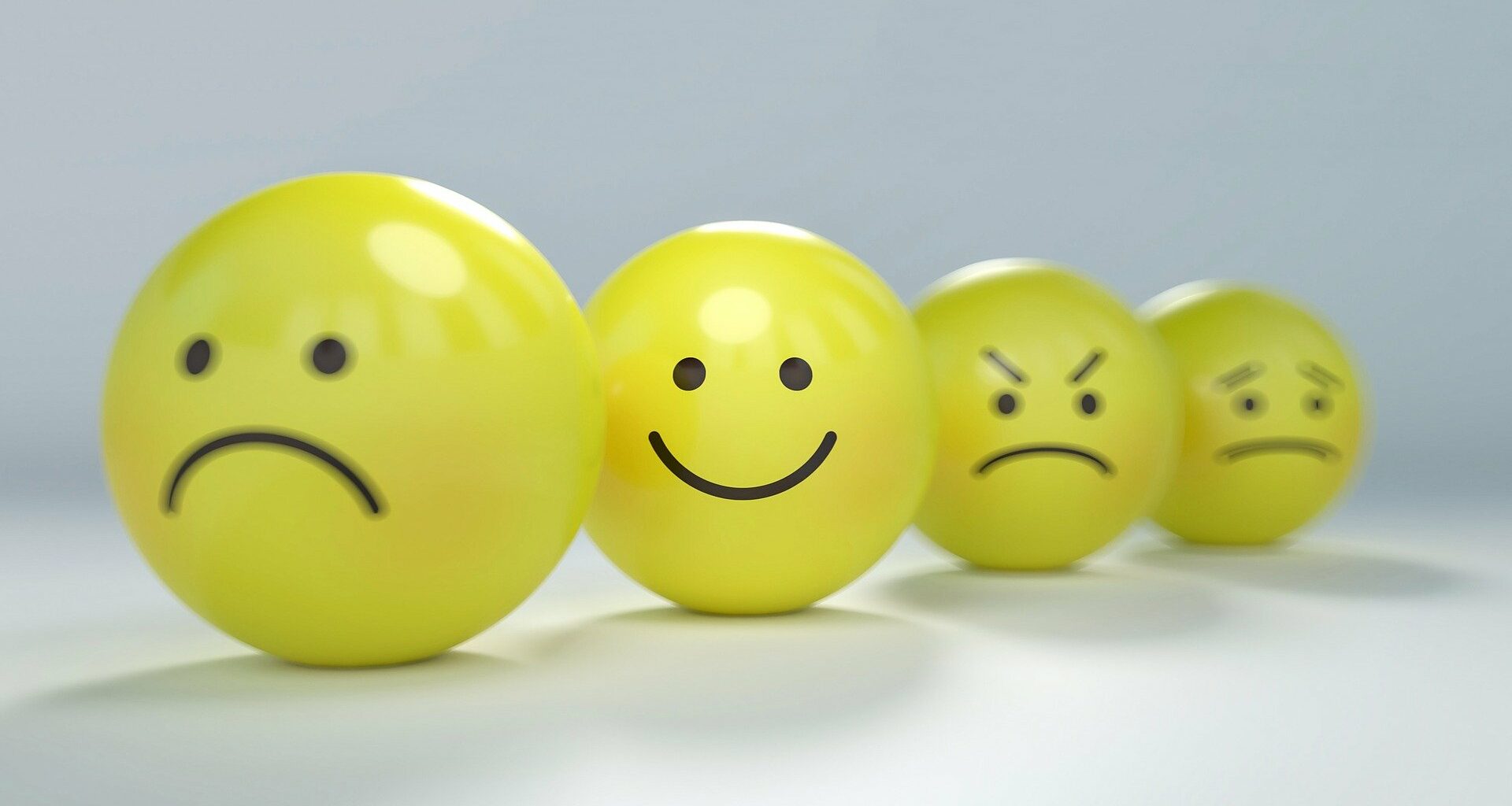We’re all very tired.
2020 has so far been a living rendition of the supposed Chinese curse, “may you live in interesting times”. Given all the major events that have occurred thus far, it’s actually hard to remember all that’s happened since the beginning of the year. A quick list:
- The impeachment and acquittal of the President of the United States;
- The United Kingdom formally exiting the European Union1;
- The record-setting heat and wildfires ravaging much of Australia;
- The death of Kobe Bryant and his daughter in a helicopter accident;
- Of course, the emergence of a novel coronavirus, first in China, but quickly spreading around the world, with death counts in the hundreds of thousands;
- Which has single-handedly plunged the world economy into a recession;
- And now, riots and protests against police violence and brutality.
Though on the more positive side, SpaceX also did just successfully launch its first manned mission into space.
But that accumulation of events has made this a personally challenging year. Unsurprisingly, I’ve found it harder to focus on work, shorter-tempered with my family2, and have experienced more emotional volatility over this extended period of time than any other I can remember. I don’t blame myself too much; we’re all on edge and trying to do our best, in the face of extraordinary circumstances.
I have collected some techniques over the years to better cope with bad times, and you may find them useful as well.
Daily journaling, gratitudes. I picked this habit up a little over a year ago. My routine is pretty simple: spend about 2–3 minutes each day and write down 3 things that I’m grateful for that day, everything from the serious to the sublime to the silly. The goal is to force my brain to stop its echo chamber of negative thoughts and stress by focusing on the more positive. Granted, some days have been certainly harder than others in gathering that sense of appreciation, but I’m always glad that I do.
Meditation. I’ve dabbled in meditation in the past, and had a reasonably good run until life got just a bit too busy for consistent sessions. Recently I’ve made a conscious effort to start again, using the Calm app and taking advantage of a free subscription courtesy of my healthcare provider. The effect is a bit similar to the above exercise in gratitude journaling, deliberately pausing through hectic days to reflect and reset emotions. My challenge has always been to find the time and space for the exercise, and having to shelter at home has made both easier—it’s easy enough to stay in my makeshift home office3, and continuous virtual meetings has become a forcing function to keep a better schedule.
Batching news consumption. I can’t help being a news junkie4, even when psychologists suggest avoiding overconsumption to manage stress. I still check on what’s happening throughout the day, but I skim through RSS and Twitter, saving away anything that seems worth reading to Instapaper for later consumption. Batching activities in general feels like a more efficient use of time, and in this case I also get some of the satisfaction of feeling like I’ll eventually be informed, but without necessarily stopping on a single article or two and having its commentary hang over me for the next couple of hours.5
Detecting burnout. For a long time as a people manager, I’ve been concerned with burnout for my reports, but was never able to diagnose my own instances of burnout until much later, often in regretful hindsight. With some amount of self-reflection, I now have a better handle on some of my own stress tells, and with that recognition I can better figure out how to curtail the activities and feelings that landed me into burnout to begin with.
Though they apparently had the rest of this year to transition, not that anyone is thinking too hard about that right now.↩
Admittedly, there is some degree of sheltering at home affecting our moods.↩
I.e., bedroom.↩
Also, RIP Google Reader.↩
The Atlantic, for all its excellent journalism and opinion pieces, are serial offenders.↩



